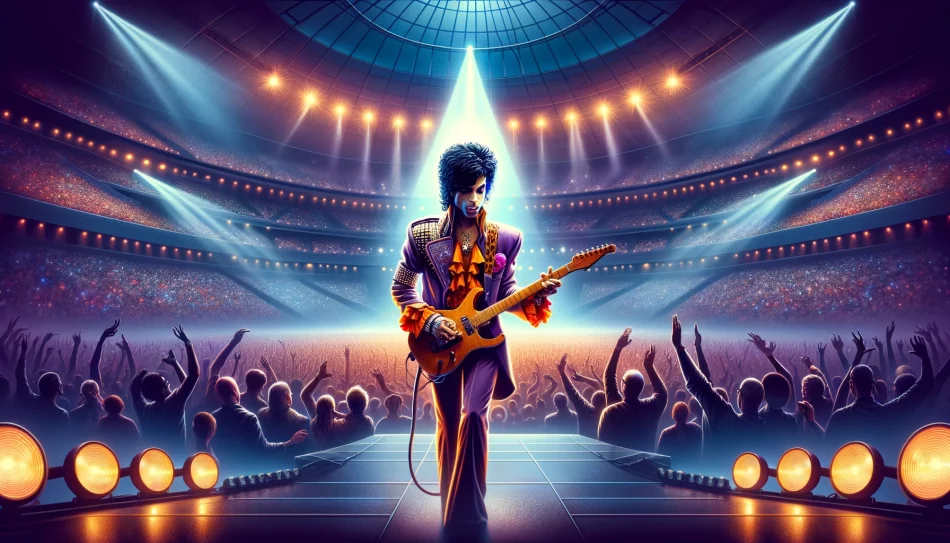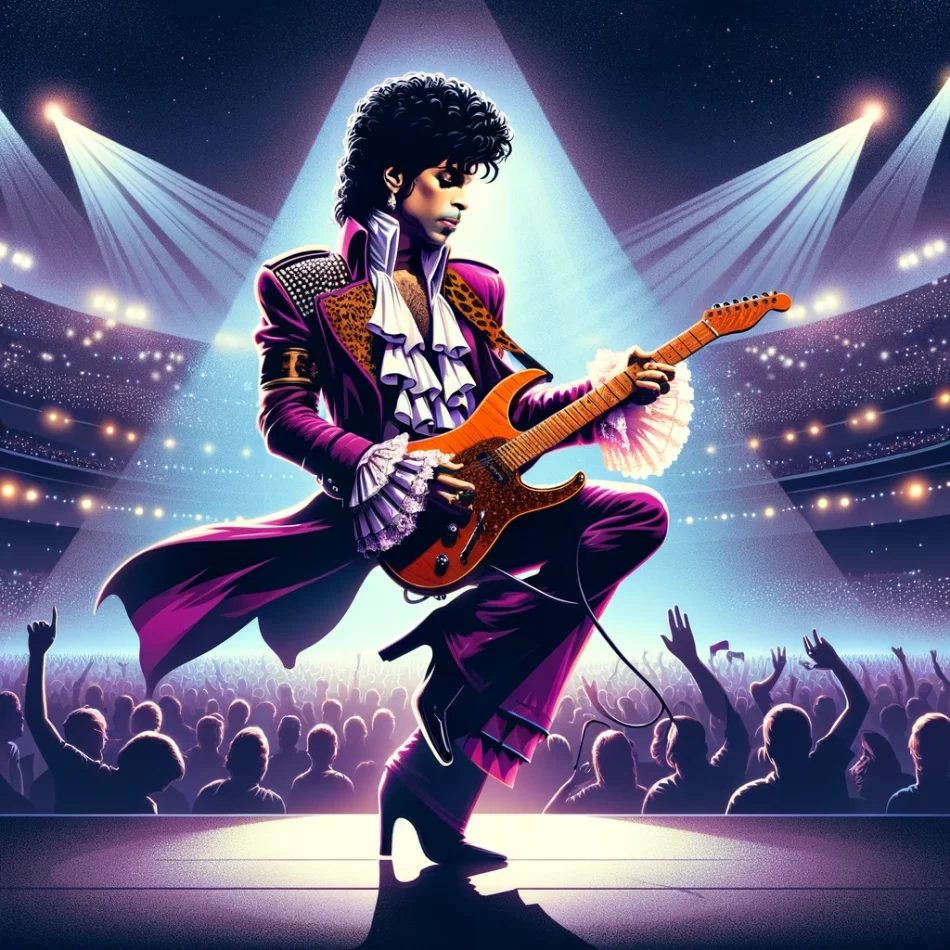
The story of how Prince, the unparalleled musical genius, inadvertently laid the groundwork for the digital music revolution, encapsulating the creation of Napster and Spotify, is both fascinating and underappreciated.
This timeline illuminates the pivotal moments where Prince’s actions and innovations foreshadowed the seismic shifts in how music would be distributed and consumed in the digital age, yet his contributions remain largely uncredited.
1. The Contract Dispute: A Prelude to Revolution (27 April 1993)
The journey begins on 27 April 1993, when Prince, having sold over 100 million albums under Warner Bros, shocked the world by announcing his intention to retire from recording. At the heart of this dramatic declaration was a contentious contract dispute, with Prince famously branding himself a “slave” to the music industry’s restrictive practices.
This act of rebellion against Warner Bros highlighted the growing tension between artists and record labels over creative control and rights, a theme central to the later development of music sharing and streaming platforms.
2. Prince’s Departure and Name Reversion (1996)

About five years after his departure from Warner Bros in 1996, Prince reclaimed his iconic name, marking a new chapter in his career. This period of transformation was not just about personal identity but also signaled a broader shift towards artists seeking independence and control over their music and how it was shared.
3. Crystal Ball: Pioneering Digital Music Distribution (1998)
In 1998, Prince released Crystal Ball, a groundbreaking move that made him the first major artist to distribute music digitally via the internet. This innovative approach to bypassing traditional music distribution channels presaged the future of music consumption and directly inspired the peer-to-peer file-sharing and streaming models that would follow.
4. The Launch of Napster: Changing Music Forever (1 June 1999)
On 1 June 1999, Napster emerged, revolutionizing the music industry by facilitating peer-to-peer file sharing. Although not directly linked to Prince, Napster’s conception was rooted in the ethos of breaking free from the constraints of music labels, echoing Prince’s earlier battles for artistic freedom and control. Napster’s rise (and eventual fall) underscored the growing demand for a new model of music distribution and consumption, setting the stage for the next evolution in music streaming.
5. Spotify: Bringing Streaming to the Mainstream (23 April 2006)
The launch of Spotify on 23 April 2006 in Stockholm, Sweden, marked a significant milestone in music history. Spotify’s model of providing legal access to a vast library of music for streaming addressed the industry’s piracy problems while honoring the spirit of accessibility and artist autonomy that Prince championed.
In Conclusion
Prince’s visionary approach to music and its distribution highlighted the limitations of traditional models and anticipated the digital transformation of the music industry. By challenging the status quo, Prince inadvertently inspired the creation of platforms like Napster and Spotify, which have reshaped how music is accessed, shared, and enjoyed worldwide.
Though Prince may not have received direct credit for his role in this digital music revolution, his influence is undeniable. Through his bold actions and innovative spirit, Prince paved the way for a future where music could be freely shared and enjoyed by all, a legacy that transcends his musical genius.


